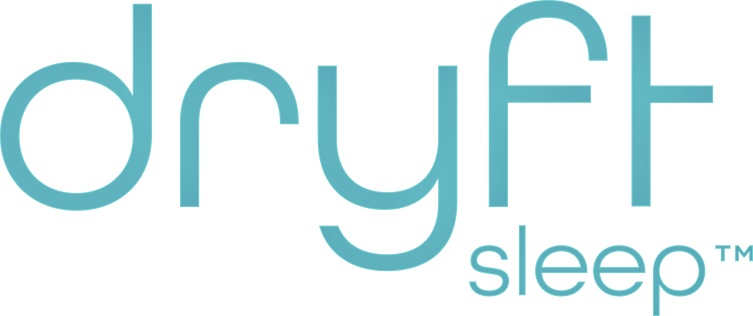The Huberman Effect: Mouth Tape

Mouth taping is everywhere, right? We see it on TikTok, Instagram, from celebrities like Gwyneth Paltrow and Ashley Graham, and more and more, we’re hearing about it on podcasts.
One podcaster often credited with creating buzz for mouth tape is Dr. Andrew Huberman of The Huberman Lab podcast.
So, let’s dive into the recent hype around this podcaster and why he’s so fascinated with mouth tape.
For Dr. Huberman, it comes from a place of education. He is, after all, a Stanford professor of neurobiology and psychiatry, renowned for his podcast, the Huberman Lab. His top-ranked health podcast delves into neuroscience, exploring how our brain and nervous system influence our health, perceptions, and behaviors. Dr. Huberman translates complex science into actionable tools for listeners, providing science-backed techniques to improve sleep, focus, stress management, and overall well-being.
And what’s his take on mouth tape? For him, “Mouth breathing during sleep is not just undesirable; it is actually dangerous—as it is associated with sleep apnea (which puts people at risk for numerous cardiovascular issues, impaired craniofacial development in kids, and aesthetics and tooth and gut health in adults, and more,” according to a recent LinkedIn post by Huberman himself.
Huberman explores the topic even deeper in his podcast episode “Sleep Toolkit: Tools for Optimizing Sleep & Sleep-Wake Timing”. There, he describes his comprehensive toolkit consisting of behavioral and supplement-based tools that anyone can customize to enhance their sleep quality and duration. He further shares how sleep impacts overall health, daytime functioning, the brain, our hormones and the immune system.
We’re not lost on the fact that when we sleep poorly, our bodies catch up to it!
How to take all this in and make action of it?
We recommend listening to the Huberman podcast on sleep here and reading the two recommended books he shares in the episode: “Why We Sleep: Unlocking the Power of Sleep and Dreams” and “Breath: The New Science of a Lost Art.”
After that, try out some new tricks to improve your sleep. You may even want to give mouth taping a try!
Why try mouth taping? There are a few key benefits to explore from CNN:
- “Improved nasal breathing. They key benefit to mouth taping is that you breathe through your nose instead of your mouth, which is the catalyst of a number of other purported benefits. For example, Fraundorf says, “Through nasal breathing, you also produce a gas called nitric oxide, which increases blood flow, lowers blood pressure and improves brain function.”
- Increased oxygen intake. “Nasal breathing activates your lower lungs, letting you take deeper, fuller breaths, therefore getting more oxygen,” Fraundorf explains. Wei adds that this improved oxygen intake is accompanied by better filtration of air and better carbon dioxide elimination compared to mouth breathing.
- Reduced snoring. Breathing through the nose may eliminate or reduce snoring, leading to more sound sleep for the individual using the mouth tape and their sleep partner.
- Improved oral hygiene. Mouth breathing may cause cavities and increased risk of gum disease.
- Better breath. According to the oral health experts, bad breath and tooth decay are linked to mouth breathing because it can allow bacteria and viruses to enter your system, thus nasal breathing promotes better breath.
- Better sleep, and therefore, higher energy. Because mouth taping may improve sleep quality, Fraundorf says related benefits like increased REM sleep, higher energy in the morning, improved cognitive function and reduced anxiety may be secondhand results.”
Image credit: Huberman Lab
Disclosure: This article is not endorsed by Dr. Andrew Huberman or The Huberman Lab. All opinions expressed herein are our own, aimed at providing educational and informative content










